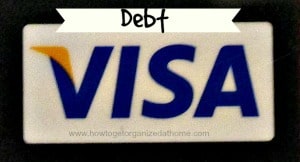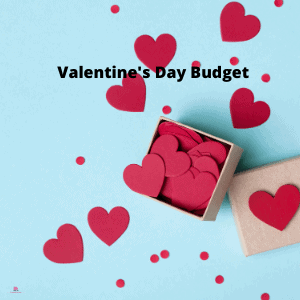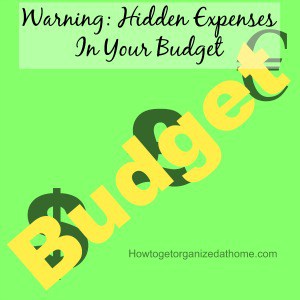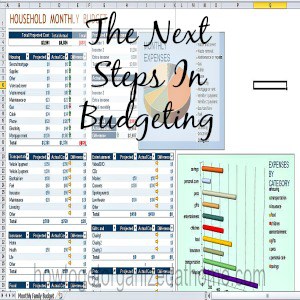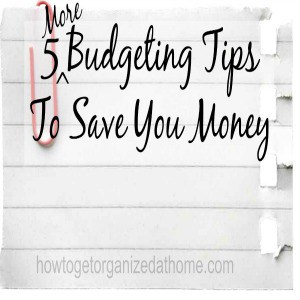Do You Pay Off Debt Equally
Having any form of debt is stressful and it can make you worry if you’ll ever live a debt free life. There are so many ideas and concepts on how to clear your debts that it can become confusing as to what you should do to become debt free. You might be unsure as to what option is right for you and whether you should pay off debt equalling out the amount you pay between your different commitments.
Understanding the options open to you and your situation is vital if you are ever going to truly manage your debt and take back control.
Different Types Of Debt
- Credit card
- Store cards
- Pay day lenders
- loans
- Mortgages
- Car finance
- Catalogues
- Borrowing from friends
- Pawn brokers
These are all different types of debt, there are probably more than mentioned above and they all fall into the same or similar category in that you have borrowed money with the intention to pay this back; if borrowed from a company this will include some form of interest added.
Budgeting Is An Important Step
Budgeting is a way that allows you to see the amount of money that you have coming in and the amount of bills and expenses you need to pay. It can give you so much information that it is a vital key in knowing the amount of spare money you have at the end of each month, which you can use to put towards your debts.
The Best Way To Pay Off Debt
The best way you are going to pay off debt is first to work out how much you owe and the amount of interest you are paying, it is with this information about the debt that you can make a list of all the money you owe with any restrictions. Some restrictions are from banks when you take out a loan, you mightn’t be able to make higher payments or it might be a set amount, my mortgage is 10% per year in overpayments, this is better than nothing.
You will need to know what spare money you have and you will get this figure from a budget you prepared earlier.
The next step is to work out the debt with the smallest balance, try and pay this off first, it will free up more income to put towards your other debts. Aim for debts with the highest interest rates like credit cards, store cards and payday loans.
Aim to add more than the minimum payment and pay off debt with the highest rate of interest before debts like personal loans and mortgages, which tend to have lower interest rates.
Debt Consolidation
You need to know your figures before you consider this route because you need to know the balances of all your debt and the interest rate you are paying, because it is not worth consolidating if you are not reducing the amount you are paying out each month.
Debt consolidation is changing debts from a high interest to a lower rate to reduce the amount each month you are paying towards debt. It can have a negative impact on your credit file with some companies seeing you have a debt consolidation loan as a sign of being over committed.
You must talk through the principle and look at what the company will give you as an interest rate, before you agree in principle because any application will appear on your credit file, so you want to make sure that you are applying for the best deal.
Therefore, if you are unsure how to reduce the debt you owe, you need a detailed honest plan of the amount of debt and the interest payable on all the debt to make an accurate assessment of your own situation. It is possible to pay off debt you owe, and to live a debt free life. However, it does depend on personal circumstances as to how much you can afford to pay off and how much you owe on different sources of debt.
